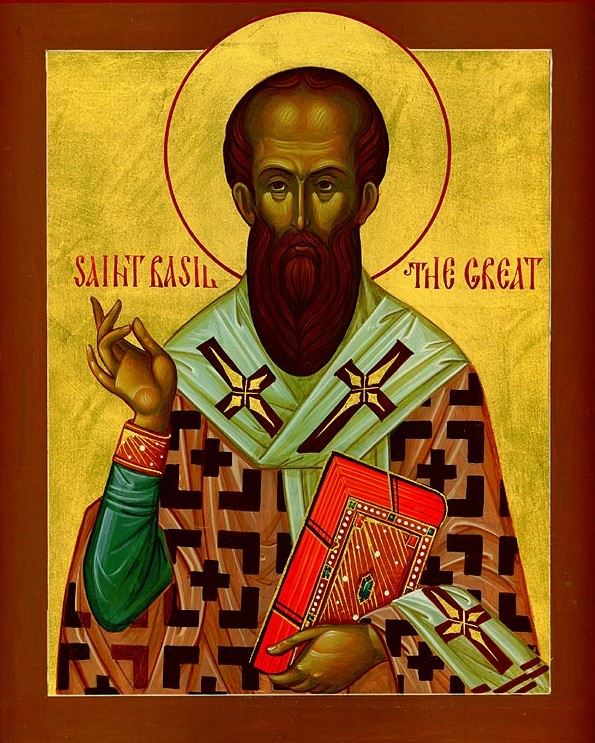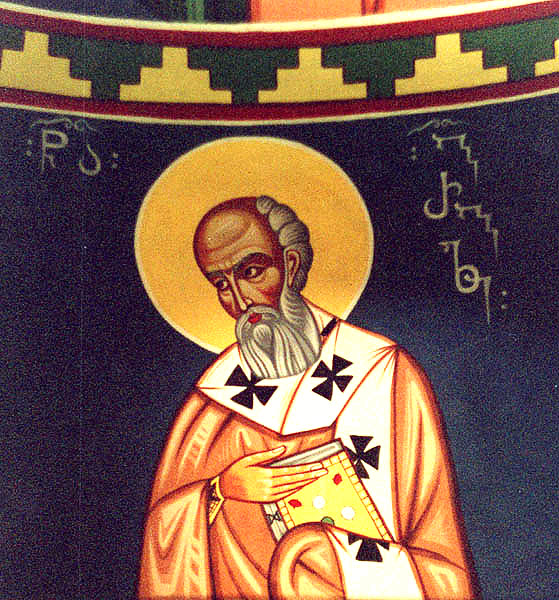New Heresies
Compounding the problems for the Church in these middle decades of the 4th century, new heresies arose. One was Macedonianism—named after Macedonius, an archbishop of Constantinople. The Macedonians accepted the Nicene declaration about Christ being “of one essence with the Father,” but they denied that the Holy Spirit was fully divine, saying that He was a created being. Because of this belittling of the Spirit, this group was also called the Pneumatomachians (meaning “fighters against the Spirit”).

The Church Father who led the battle against this heresy was Saint Basil the Great (c. 330–379). In his work called On the Holy Spirit, he refuted Macedonianism by pointing out from the Holy Scriptures and the sacramental life of the Church all the things that the Holy Spirit does as the “the Spirit of God” and “the Spirit of Christ.” Following Saint Athanasius in his Letters to Serapion, Saint Basil never called the Holy Spirit “God.” The first holy father to do this was Saint Gregory the Theologian.
Saint Basil is also remembered for his wise and firm guidance of the rapidly growing monastic movement, thus keeping it safely within the confines of the Church. His Longer and Shorter Rule, written for the monastic movement, emphasized the communal form of monasticism—as he writes, “since man is by nature a social creature”—with each monastery headed by its abbot, under the authority of the local bishop.
Another new heresy was Apollinarianism, which originated with the speculations of Apollinaris of Laodicea about how Christ can be both divine and human at the same time. He deduced that when the pre-eternal Word of God, the Logos, entered the body of Jesus, the Logos took the place of Jesus’ soul. In such a scheme, Jesus is denied having full and complete humanity.

Saint Gregory the Theologian (c. 330–389), Bishop of Sasima and then of Constantinople refuted Apollinarianism. As he declared, whatever belongs to human nature that Christ did not take to Himself has not been saved and healed. If Jesus had no human soul, He simply was not a human being, and humanity is not saved.
Saint Gregory, Saint Basil the Great’s best friend, is also remembered for finally refuting the Arians by his brilliant and beautiful preaching that won him the title “The Theologian.” This title has been given to only two others in the history of the Church: Saint John the Theologian, the Apostle and Evangelist, and Saint Symeon the New Theologian (949–1022).
